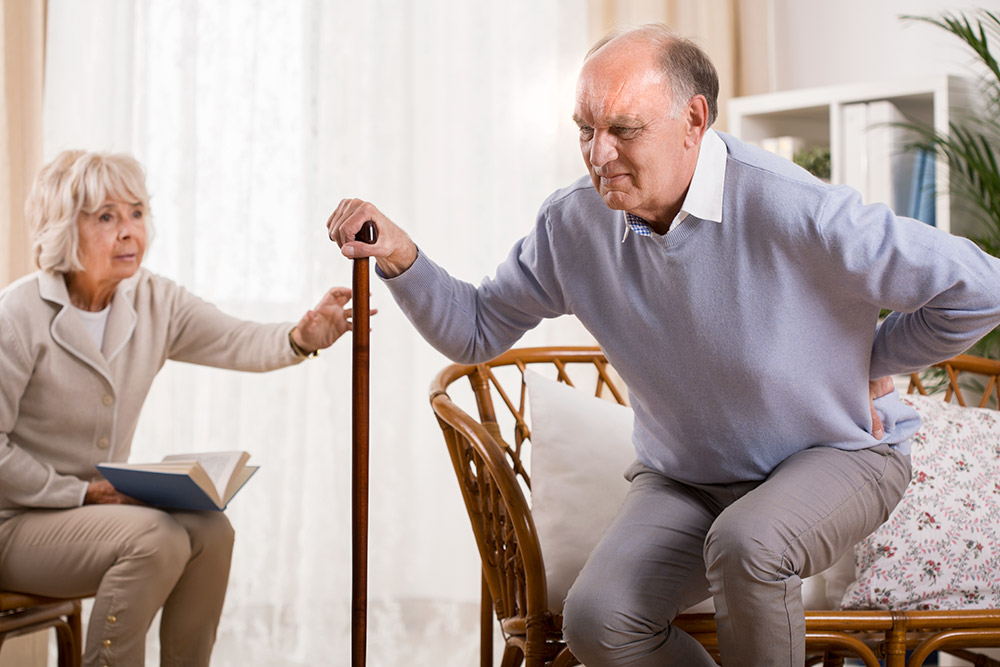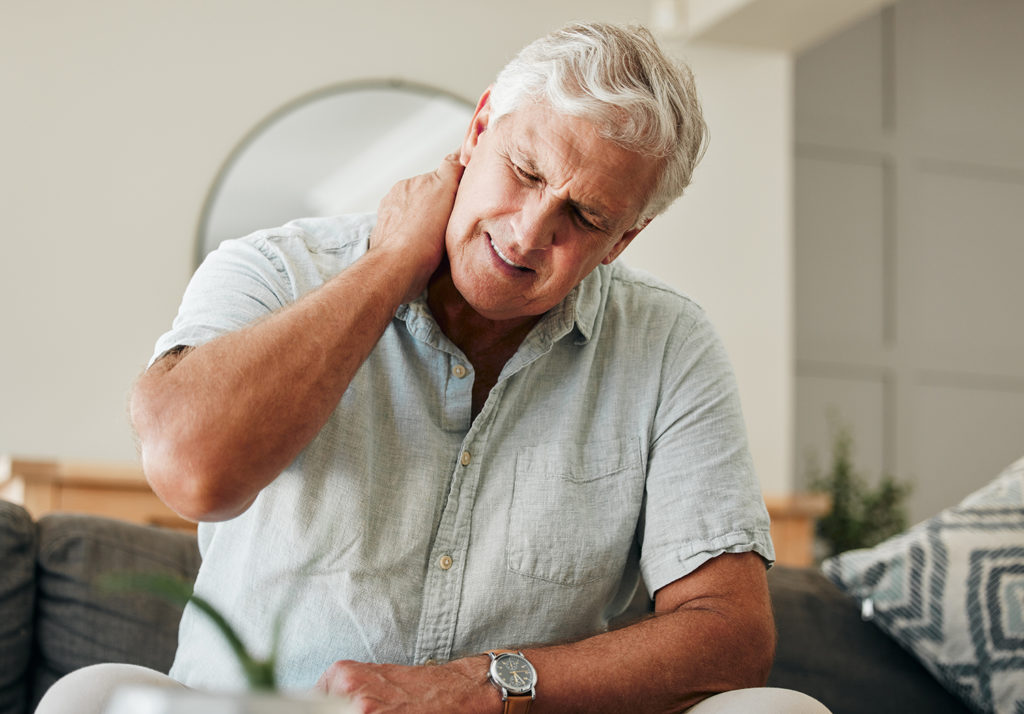Menopause definition and symptoms
The menopause, defined as the end of the last menstrual period, occurs at a median age of 53 years (Hardy 2005). The change in hormone levels during the perimenopause and menopause, particularly the decline in levels of oestrogen, can cause acute menopausal symptoms; for example, about 30-70% of women in Western countries will experience vasomotor symptoms, such as hot flushes and night sweats (Freeman 2007; Melby 2005).
Some women also report vaginal dryness and psychological symptoms, including tiredness, sleep disturbances, mood swings, forgetfulness and loss of libido (Melby 2005; Bachmann 1999). The median duration of menopausal vasomotor symptoms is about 4 years but, in around 10% of women, they last longer than 12 years (Polity 2008).
The most commonly used conventional medical treatment for such symptoms is hormone replacement therapy (HRT), comprising an oestrogen alone (in women who have had a hysterectomy) or in combination with a progestogen. HRT is now only indicated for short-term treatment of menopausal symptoms in the UK (MHRA 2007).
References
Bachmann GA (1999) Vasomotor flushes in menopausal women. Am J Obstet Gynecol 180: 312-6.
Freeman EW, Sherif K. Prevalence of hot flushes and night sweats around the world: a systematic review. Climacteric 2007; 10: 197-214.
Hardy R, Kuh D. Social and environmental conditions across the life course and age at menopause in a British birth cohort study. BJOG 2005; 112: 346-54.
Medicines and Healthcare products Regulatory Agency. Hormone-replacement therapy: updated advice. Drug Safety Update 2007; 1: 2-4.
Melby MK et al. Culture and symptom reporting at menopause. Hum Reprod Update 2005; 11: 495-512.
Politi MC et al. Revisiting the duration of vasomotor symptoms of menopause: a meta-analysis. J Gen Intern Med 2008; 23: 1507-13.
How acupuncture can help menopause symptoms
Systematic reviews (Lee 2009; Cho 2009) and randomised controlled trials published since these reviews were done (Kim 2010; Venzke 2010; Boroud 2010; Boroud 2009; Parks 2009; Avis 2008) have found: a) no difference between real and sham acupuncture for the treatment of menopausal symptoms, b) acupuncture is at least as effective, and sometimes superior to, hormonal drug treatment, c) additional acupuncture improves on usual, or self, care, and d) moxibustion is better than no intervention. These results suggest that sham acupuncture has therapeutic effects in itself, thus reducing its utility as a ” placebo” control for ‘true’ acupuncture. However, both reviews suggested that more high quality studies are needed to confirm this. (see Table overleaf)
Acupuncture may help reduce symptoms of the menopause and perimenopause by:
- regulating serum estradiol, follicle stimulating hormone and luteotrophic hormone (Xia 2008);
- increasing relaxation and reducing tension (Samuels 2008). Acupuncture can alter the brain’s mood chemistry, reducing serotonin levels (Zhou 2008) and increasing endorphins (Han, 2004) and neuropeptide Y levels (Lee 2009), which can help to combat negative affective states.
- stimulating nerves located in muscles and other tissues, which leads to release of endorphins and other neurohumoral factors, and changes the processing of pain in the brain and spinal cord (Pomeranz, 1987, Zijlstra 2003, Cheng 2009).
Acupuncture treatment in Worthing
For more information about your specific issues, contact acupuncturist Rebecca Bond at BOP on 01903 820206.






